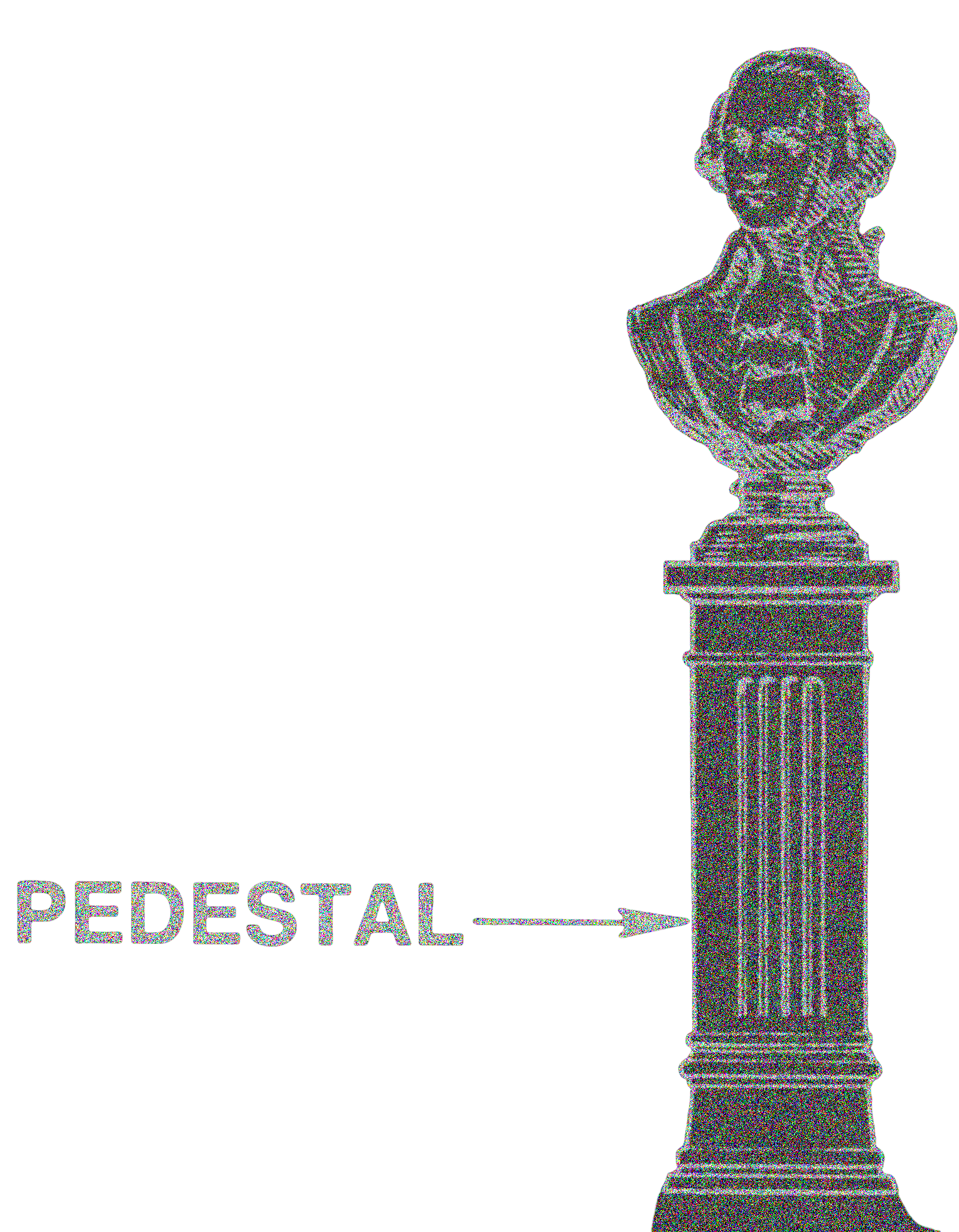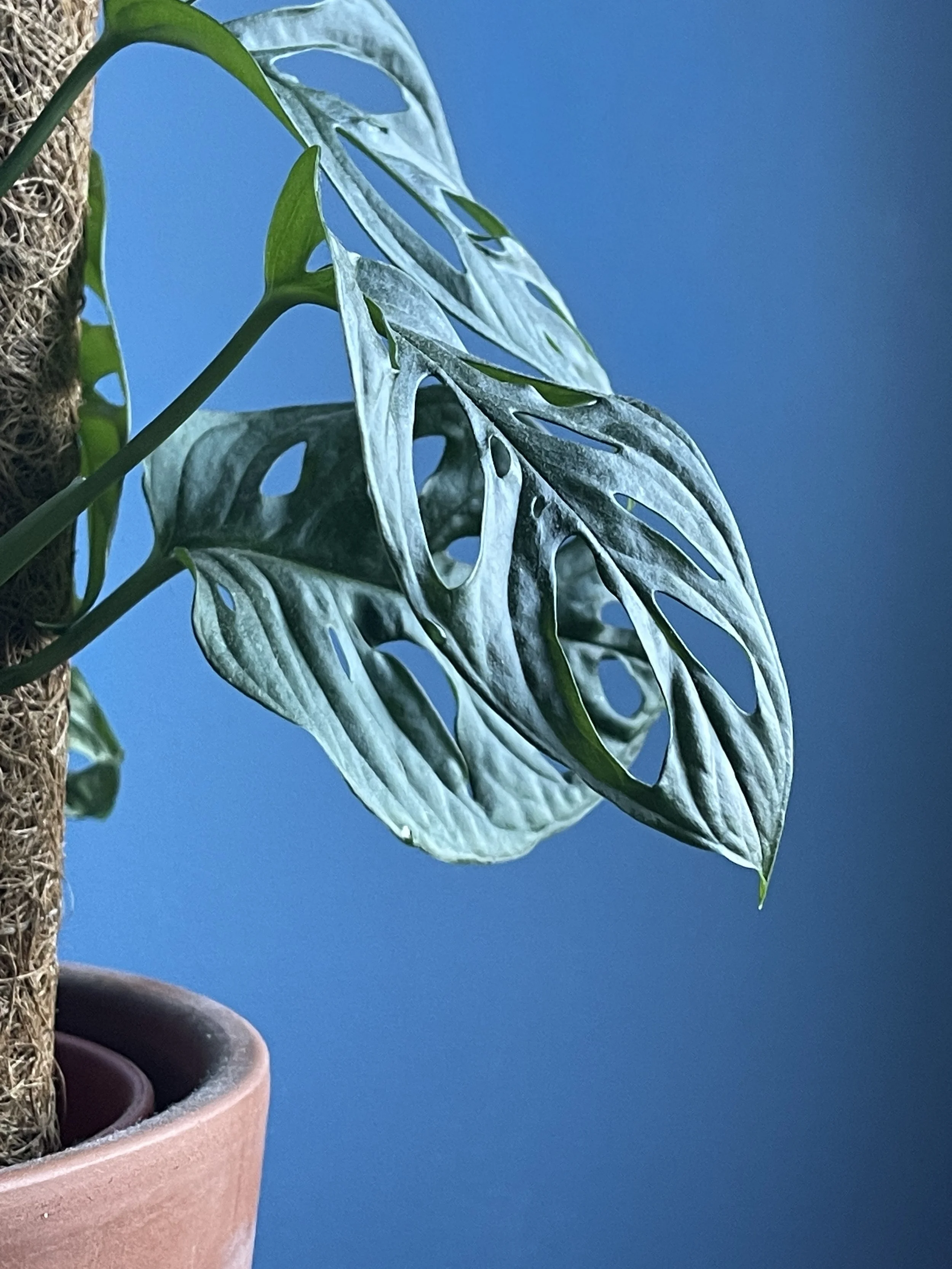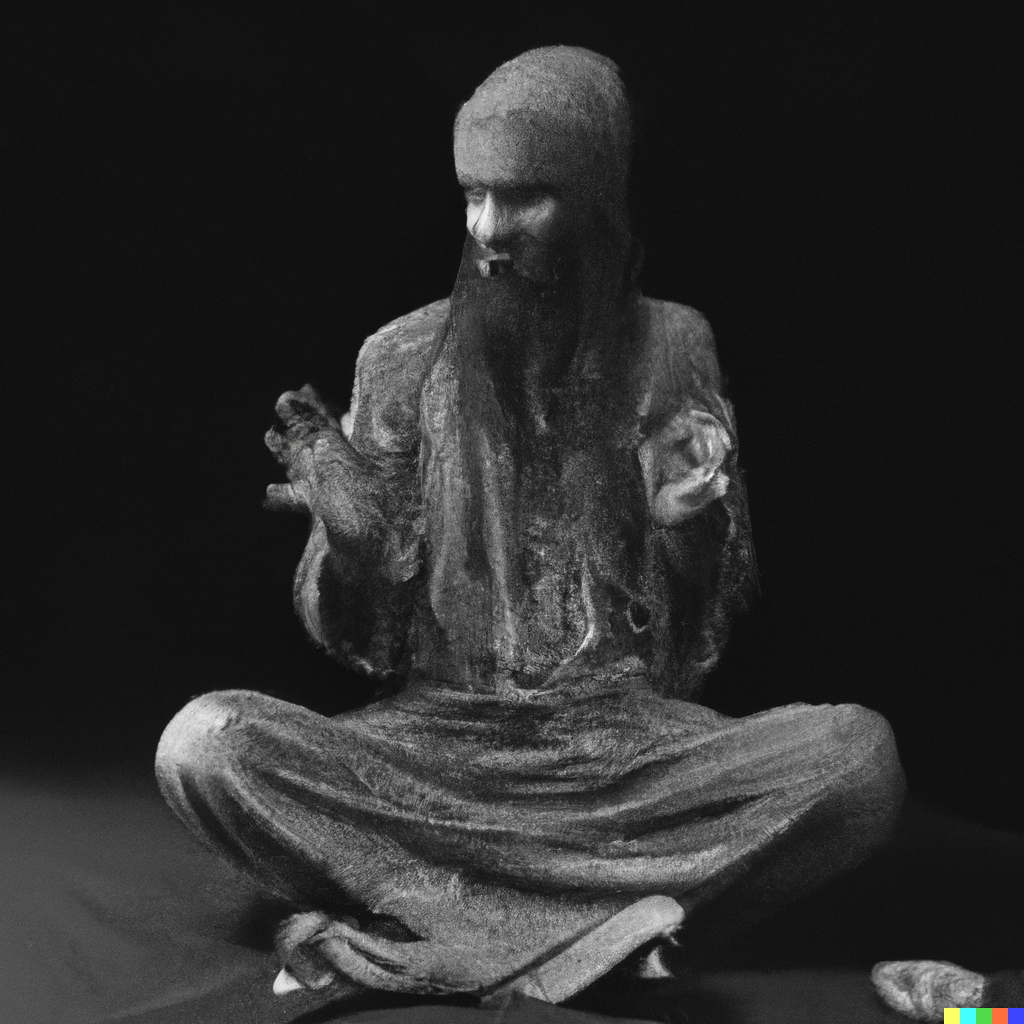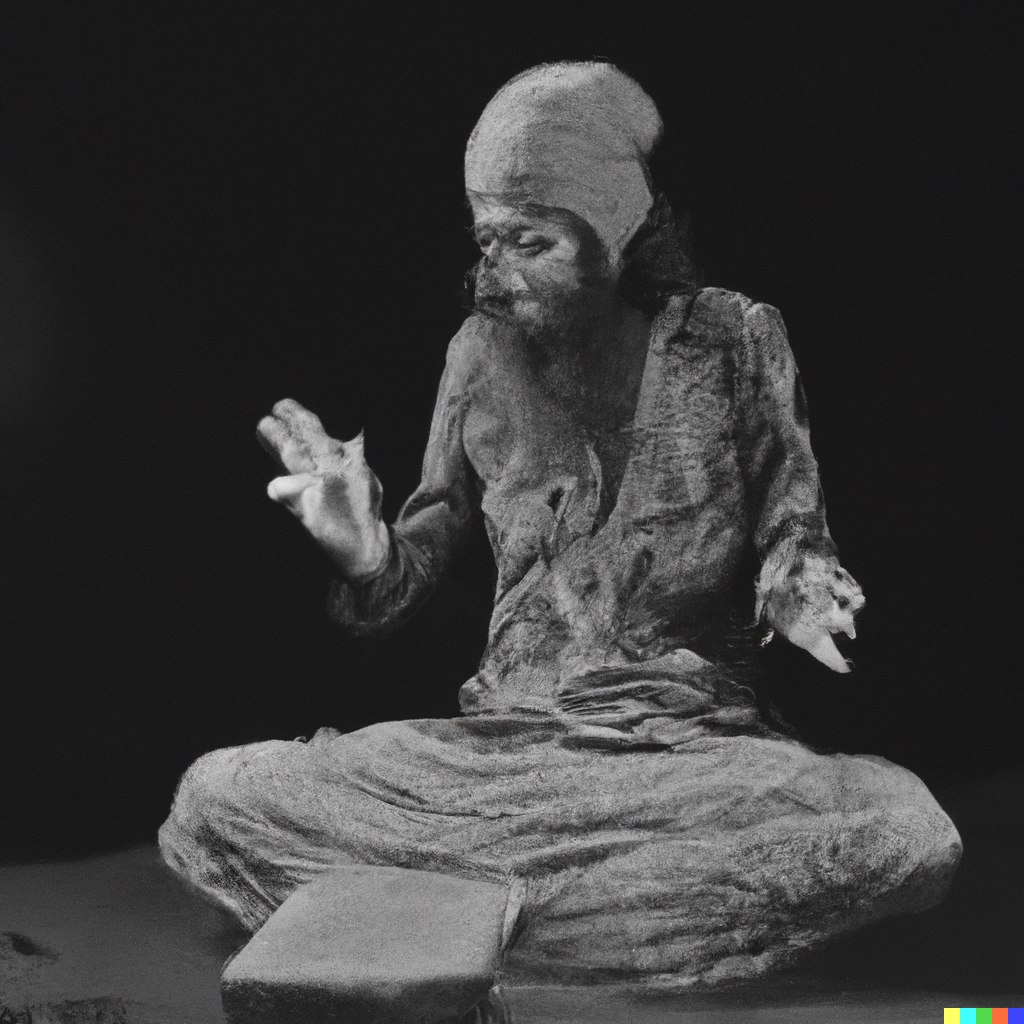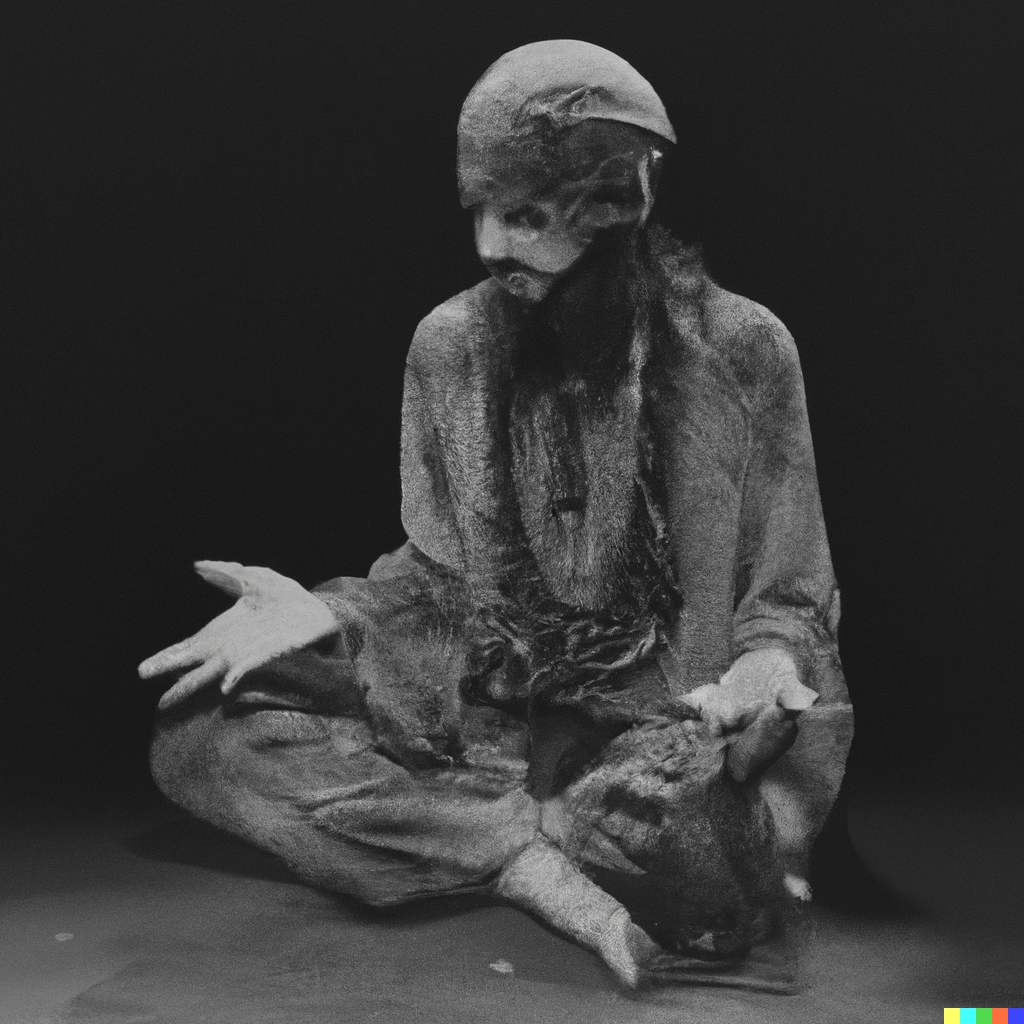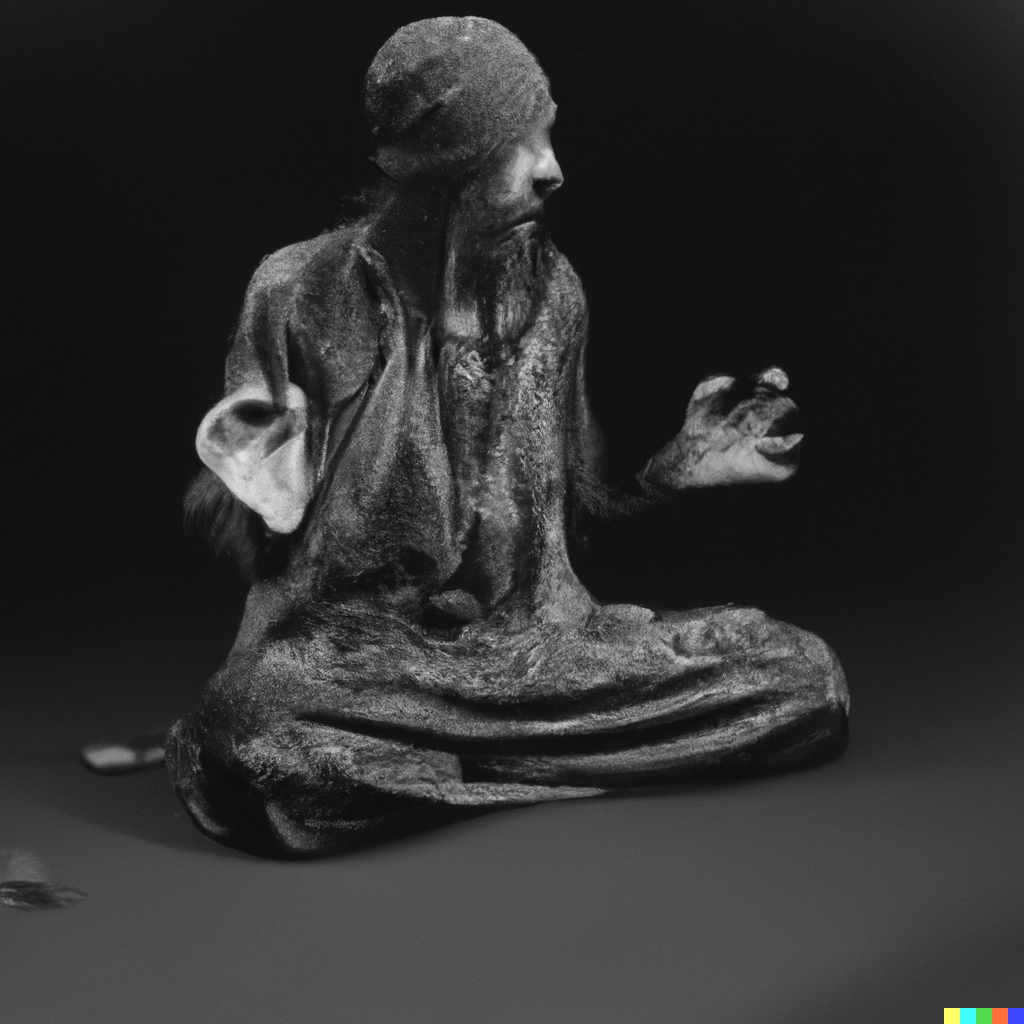Criticism can be tough to take, especially when it feels like a personal attack. However, it's important to learn how to handle criticism effectively, as it can help you grow and improve in all areas of life. In this article, we'll explore some tips for responding instead of reacting to criticism, as well as the benefits of journaling as a way to process and learn from criticism.
Listen and Respond, Don't React
When someone criticizes you, your work, or your actions, it's natural to feel defensive or upset. However, reacting impulsively can make the situation worse and damage your relationships. Instead, try to listen carefully to the criticism and respond thoughtfully. If possible, take a few moments to process the feedback before responding. This can help you avoid an emotional outburst and respond in a more constructive way.
Self-Deprecating Humor and Learning from Criticism
Responding with self-deprecating humor can show that you're confident and not bothered by criticism. Additionally, learning from criticism, even if it's delivered in a snarky way, can help you improve and become the best at what you do. It's important to distinguish between constructive and destructive criticism and not let destructive criticism affect you.
Giving and Receiving Feedback Effectively
Learning to give and receive feedback effectively is a valuable skill in personal and professional relationships. When giving feedback, be specific and focus on the behavior or action, rather than attacking the person. When receiving feedback, listen carefully, and ask for clarification if needed. Try to avoid becoming defensive or making excuses.
Why Journaling Can Help
Journaling is a powerful tool for processing emotions and reflecting on experiences. Writing down your thoughts and feelings about a criticism can help you gain perspective and think through your response. Additionally, journaling can help you identify patterns in your thinking and behavior, and track your progress as you work to improve.
Buy a Journal Today
If you don't already have a journal, consider buying one today. There are many different types of journals available, from simple notebooks to more elaborate guided journals with prompts and exercises. Find one that suits your style and start writing down your thoughts and experiences. With regular practice, you'll develop the habit of reflecting on criticism in a constructive way and using it to grow and improve. Click here to see what journals are available on amazon.
Here are the main points to take away:
Learn to listen and respond to criticism, rather than react emotionally
Use self-deprecating humour and distinguish between constructive and destructive criticism.
Give and receive feedback effectively in personal and professional relationships.
Use journaling as a tool to process emotions and reflect on experiences.
Buy a journal to track progress and develop the habit of reflecting on criticism in a constructive way.



